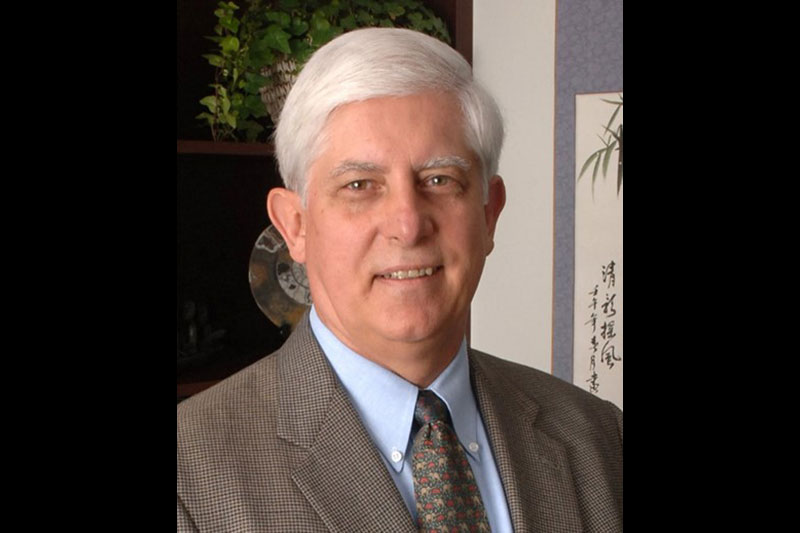The Museum hosted a virtual conversation, “Pandemics: Living Forward by Understanding Backward,” on August 19 at 7 PM. You can view the recorded talk below:
In this lecture, infectious disease epidemiologist Dr. Donald Burke of Woods Hole and Pittsburgh provided a historical overview of the emergence, spread, extinction, and re-emergence of virus disease epidemics: their origins from animal species, transmission in human populations, and post-epidemic outcomes. Starting with details of the 1918 influenza epidemic in Falmouth, he reconstructed the history of this past epidemic.
The lecture title is from a quote by Soren Kierkegaard.
Dr. Burke received his medical training at Harvard, then served 23 years on active duty at the Walter Reed Army Institute of Research where he led US military research on virus diseases. In 1997 he transitioned to academia to become a professor and director of the Johns Hopkins Center for Immunization Research. In 2006 he became Dean of the Graduate School of Public Health at the University of Pittsburgh, stepping down a year ago.
Throughout his career, Dr. Burke has led research on prevention and control of epidemic infectious diseases of global importance. A world renowned expert on virus epidemiology, he has authored more than 300 scientific publications and has served in senior advisory positions to the CDC, NIH, and WHO. He is a member of the National Academy of Medicine and recipient of the John Snow Award of the American Public Health Association. Drawing on his deep knowledge of viral epidemiology, Dr. Burke first predicted the threat posed by coronaviruses in 1997, five years before the SARS epidemic.


